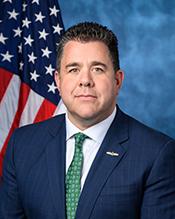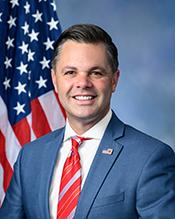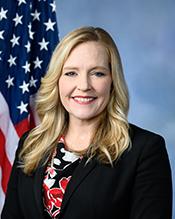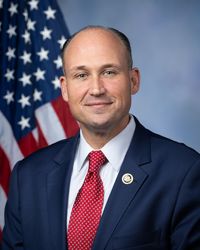0
No Bailout for Sanctuary Cities Act
1/30/2025, 10:53 AM
Summary of Bill HR 32
Under this bill, any sanctuary jurisdiction that offers benefits to undocumented immigrants would be ineligible to receive federal funds that are intended to benefit these individuals. This includes funding for programs such as healthcare, education, and housing.
Supporters of the bill argue that sanctuary jurisdictions should not be rewarded with federal funds if they are not fully cooperating with immigration enforcement efforts. They believe that providing benefits to undocumented immigrants encourages illegal immigration and undermines the rule of law. Opponents of the bill argue that it unfairly punishes immigrants and puts vulnerable populations at risk. They believe that sanctuary jurisdictions play an important role in protecting undocumented immigrants and fostering trust between immigrant communities and law enforcement. Overall, Bill 119 hr 32 is a controversial piece of legislation that highlights the ongoing debate over immigration policy in the United States. It will be important to closely monitor the progress of this bill as it moves through Congress.
Congressional Summary of HR 32
No Bailout for Sanctuary Cities Act
This bill makes a state or political subdivision of a state ineligible for any federal funds that the jurisdiction intends to use to benefit non-U.S. nationals (i.e., aliens under federal law) who are unlawfully present if the jurisdiction withholds information about citizenship or immigration status or does not cooperate with immigration detainers.
Specifically, such funds are denied to any jurisdiction that has a law, policy, or practice that prohibits or restricts any government entity from
- maintaining, sending, or receiving information regarding the citizenship or immigration status of any individual;
- exchanging information regarding an individual's citizenship or immigration status with a federal, state, or local government entity;
- complying with a valid immigration detainer from the Department of Homeland Security (DHS); or
- notifying DHS about an individual's release from custody.
The funding restriction does not apply to a law, policy, or practice that only applies to an individual who comes forward as a victim of or a witness to a criminal offense.
DHS must annually provide to specified congressional committees a list of jurisdictions that have failed to comply with a DHS detainer or have failed to notify DHS of an individual’s release.
The funding restriction begins 60 days after the bill's enactment or on the first day of the fiscal year following the bill's enactment, whichever is earlier.
Read the Full Bill
Current Status of Bill HR 32
Bipartisan Support of Bill HR 32
Total Number of Sponsors
10Democrat Sponsors
0Republican Sponsors
10Unaffiliated Sponsors
0Total Number of Cosponsors
36Democrat Cosponsors
0Republican Cosponsors
36Unaffiliated Cosponsors
0Policy Area and Potential Impact of Bill HR 32
Primary Policy Focus
Alternate Title(s) of Bill HR 32
Comments

Thalia Garrison
11 months ago
I can't believe this bill is even a thing! It's crazy that sanctuary jurisdictions are able to provide benefits to aliens who are here illegally and still receive federal funds. It's not fair to those of us who are here legally and following the rules. This bill needs to pass to ensure that taxpayer money is not being used to support those who are breaking the law.





